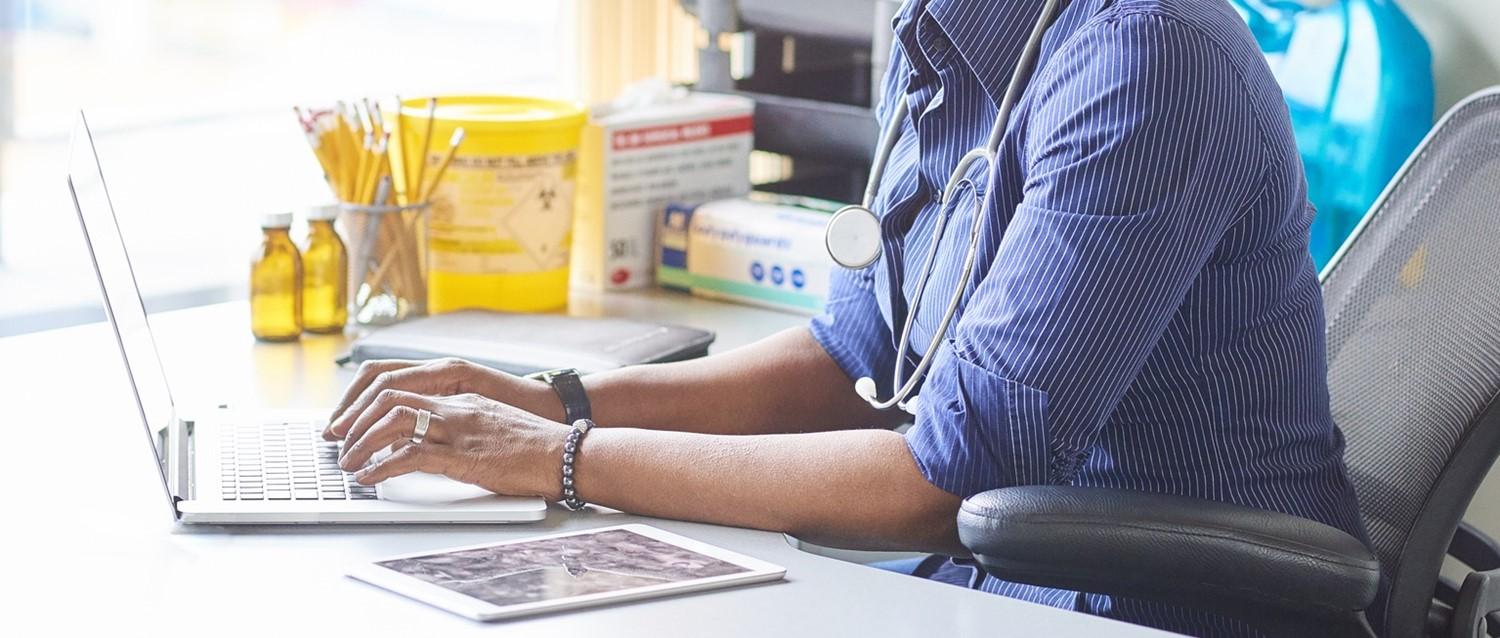
NHS opens walk-in clinics for FGM survivors
Peer reviewed by Joe CrowtherLast updated by Milly EvansLast updated 16 Sept 2019
Meets Patient’s editorial guidelines
- DownloadDownload
- Share
- Language
- Discussion
The NHS is launching specialist clinics across England to support survivors of female genital mutilation (FGM).
According to NHS England, the clinics will provide expert care, support and treatment to more than 1,300 women in England. The clinics aim to identify women and girls over the age of 18 who have survived FGM before they become pregnant. The eight new clinics opened across Birmingham, Bristol, London and Leeds on 12th September.
The clinics will provide specialist services from doctors, midwives, nurses and counsellors. FGM Health Advocates will offer patients advice on accessing other services.
Female genital mutilation is a procedure where the female genitals are deliberately injured, cut or changed. It is usually carried out on children or young teenagers. There is no medical reason for this procedure. It is illegal in the UK and classified as child abuse. It is internationally recognised as a violation of human rights.
FGM can result in death and many women experience long-term complications. In the last three months, almost 1,000 women and girls were identified as survivors of FGM in England. Currently, most girls and women are not identified until they become pregnant.
"Survivors of FGM deserve to be heard and supported," said Hilary Garratt, Deputy Chief Nursing Officer for England. "That is exactly what the NHS is working with them and others to achieve. Not only are we supporting individual women, but the impact this has on their families, communities and, of equal importance, the next generation.
"These new NHS clinics will benefit hundreds of women who have suffered this most severe form of abuse and violence. These are clinics for women, run by women."
The walk-in clinics will provide tailored care packages for each woman's needs. As well as offering treatment, they will support women to be able to talk openly about their experience of FGM. The clinics will prioritise support for women aged 18-25 before they fall pregnant as FGM can cause complications during childbirth. Community groups will be working with the new FGM service to provide education and seek to change the culture around FGM.
Health Secretary Matt Hancock highlighted the need for the NHS to provide more support to survivors at the right time. "I've been incredibly moved by the stories of girls and women who have been subjected to FGM and am determined to do everything I can to support the survivors of this horrific act. FGM continues to devastate lives and it is vital the NHS does what it can to help.
"It's absolutely crucial we reach more women so they can access support services that take care of mental, emotional, physical and clinical needs," he said. "These clinics will have a profound impact - helping women who have been violated in the most traumatic of ways to move on from this violence and lead happier, healthier lives."
Patient picks for GP surgery and NHS services

General health and lifestyle
How to choose the right GP for you
If you've recently moved or have decided to change GPs for another reason, it's important to get registered as soon as possible. Before you make your selection, it's worth taking the time to check out different GP practices to find the one that best meets your needs.
by Gillian Harvey

General health and lifestyle
Ideas, Concerns and Expectations - a guide to filling in your GP’s online form
Booking a GP appointment has changed. Instead of waiting on the phone line at 8am, many people now complete an online consultation form through their practice website. At first glance, it may feel like another bureaucratic hurdle. But in fact, these forms are designed to help you, and your GP team, get to the heart of your problem more quickly. The way you fill them in makes a real difference. When you provide clear, thoughtful information, it not only helps the practice decide whether something is urgent, but also ensures you are directed to the right person in the wider primary care team. That might be your GP - but it could just as easily be a nurse, a pharmacist, a physiotherapist, or another professional who can meet your needs sooner. One of the simplest tools to guide you is known as Ideas, Concerns and Expectations, or ICE.
by Thomas Andrew Porteus, MBCS
Continue reading below
Article history
The information on this page is peer reviewed by qualified clinicians.
16 Sept 2019 | Latest version

Ask, share, connect.
Browse discussions, ask questions, and share experiences across hundreds of health topics.

Feeling unwell?
Assess your symptoms online for free
Sign up to the Patient newsletter
Your weekly dose of clear, trustworthy health advice - written to help you feel informed, confident and in control.
By subscribing you accept our Privacy Policy. You can unsubscribe at any time. We never sell your data.